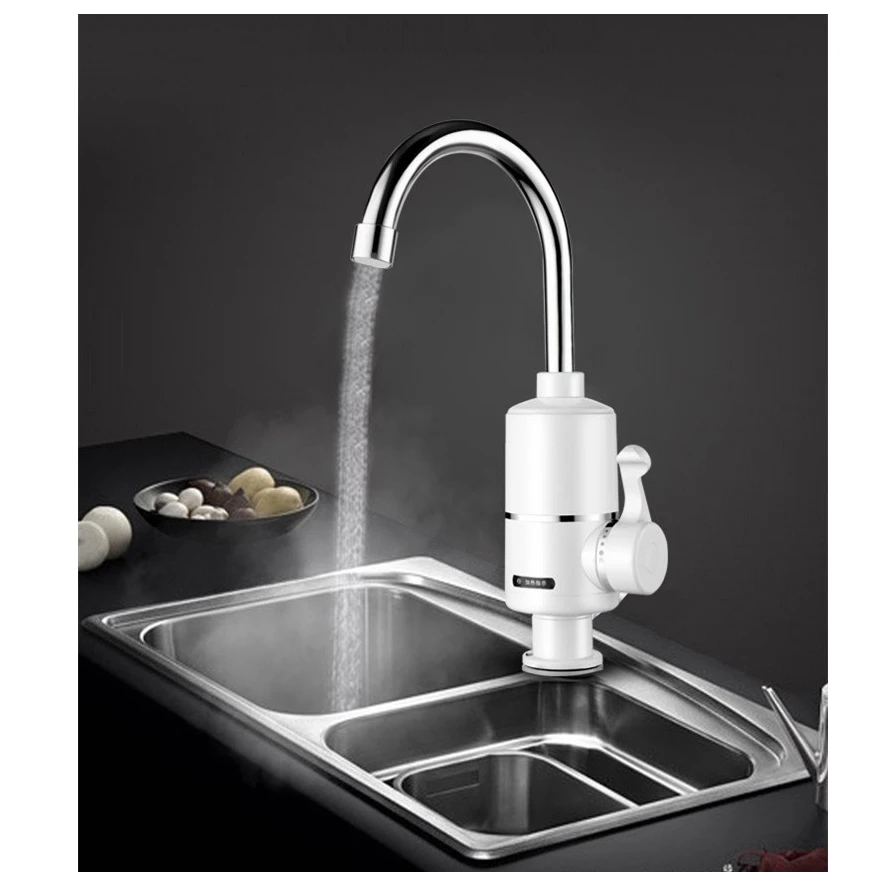The Basics of Water Chiller Units
A water chiller unit is an essential piece of equipment designed to remove heat from a liquid via a refrigeration cycle. This cooled liquid is then circulated through a heat exchanger to cool equipment or another process stream. Water chillers are widely used in various industries, including HVAC systems, manufacturing, and medical facilities. They ensure temperature regulation by efficiently transferring heat away, maintaining optimal operating conditions for machines and environments.
Key Components and Functionality
The core components of a Water Chiller Unit include the compressor, condenser, expansion valve, and evaporator. The compressor pressurizes refrigerant gas, raising its temperature before it moves to the condenser, where it releases heat and condenses into a liquid. This liquid refrigerant then passes through the expansion valve, where its pressure and temperature drop significantly. Finally, in the evaporator, the refrigerant absorbs heat from the water, chilling it before the cycle repeats. This process allows for continuous cooling of the water, which can be circulated for various uses.
Applications Across Industries
Water chiller units have broad applications beyond just air conditioning. In manufacturing, they cool machinery and processes to prevent overheating and maintain production quality. In medical environments, water chillers support MRI machines, laser devices, and other critical equipment requiring precise temperature control. Additionally, they play a crucial role in food and beverage industries, where they help preserve products and control fermentation processes, showcasing their versatility across sectors.
Energy Efficiency and Environmental Benefits
Modern water chiller units are designed with energy efficiency in mind. Many feature advanced controls and variable speed compressors to reduce power consumption and optimize performance. Using environmentally friendly refrigerants also minimizes their carbon footprint. Efficient water chillers not only reduce operational costs but also support sustainability efforts by lowering greenhouse gas emissions and conserving energy resources, making them a smart choice for businesses aiming to be eco-conscious.
Maintenance and Longevity Tips
To ensure a water chiller unit operates effectively over time, regular maintenance is crucial. This includes checking refrigerant levels, cleaning filters and coils, inspecting electrical connections, and monitoring system pressures and temperatures. Routine servicing helps detect issues early, preventing costly breakdowns and prolonging the lifespan of the equipment. Investing in proper maintenance guarantees consistent performance and protects the initial investment in the chiller system.
